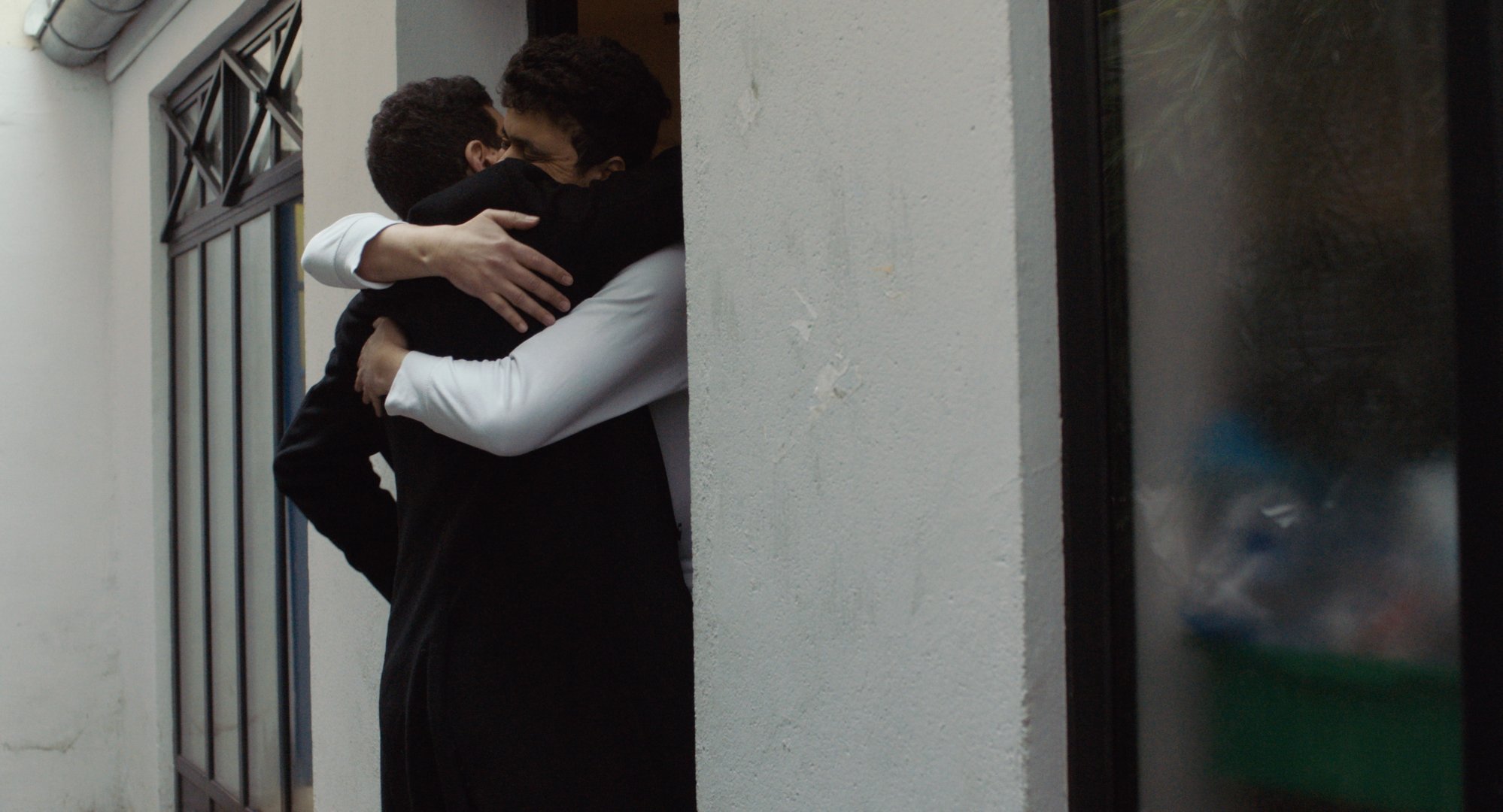Saïd Hamich
Return to Bollene, Saïd Hamich (2017)
Saïd Hamich is a Moroccan-French producer, screenwriter and film director. He has produced several award-winning films such as Boris Lojkine's Hope, Nabil Ayouch's Much Loved and Faouzi Bensaidi's Volubilis. Hamich's directorial debut Return to Bollene premiered at Festival du Cinéma Méditerranéen Manarat, Tübingen - Stuttgart Festival International du Film Francophone, and Festival France Odeon, where it won a Jury Special Mention.
In an exclusive interview for Filmatique, Hamich discusses France, the power of language, caricatures of the banlieue and his next project.
//
FILMATIQUE: Return to Bollene traces the return of Nassim, a well-to-do Frenchman of Moroccan origins, to his hometown after a four year absence in Abu Dhabi. Once in Bollene Nassim must confront not just the place but the people he left behind. When did you first think of telling this story, and when did the project take on urgency for you as a filmmaker?
SAÏD HAMICH: One year before shooting, I felt no special desire to make a film as a director. Maybe Return to Bollene was already unconsciously inside me, but it sprang up with brutality. The trigger occurred the day my mother called me to announce she was about to leave Bollene. It was good news; I was happy for her. She would live in a less sinister city with new opportunities. Bollene, the city where I grew up, was about to be erased from my life. I wouldn't have to set foot there ever again.
Yet this "good news" plunged me deep into melancholy, as if something had been ripped away from me. I understood Bollene was a very interesting place to talk about a certain France— my France. Very quickly this realization gave birth to the project more clearly. The man who comes back, who questions a place, a territory and thus questions the others and plunges us into reflections on identity. Once this trans-class figure took form, the film was born.
FLMTQ: Language is a form of power, a theory proposed most prominently by Michel Foucault in his discussion of the relationship between knowledge and systems of social control. Nassim speaks French, English and Moroccan darija fluently and is seen adapting the language he speaks depending on what he wants from each situation. In contrast, his parents have lived France for years but still speak darija exclusively. To what extent do you see power relations manifest themselves in France, and especially the country's immigrant communities, through the mobilization of language? How do the linguistic skills of Nassim and his parents communicate their respective power positions within these structures?
SH: This is a fundamental question. Unconsciously, Nassim speaks English to overcome the curse of French, the language his parents never managed to tame. French is the place of their exclusion. Speaking English with his American fiancée is a way to break his link with Bollene. Nassim had to leave the French language, as well as French territory, to climb the social ladder and eventually invent a new identity for himself, in which he would no longer suffer degradation.
In this way, Alain Bashung's songs are a melancholic link to Nassim's denied roots. Eventually, even though he cannot accept it, his identity is to be an Arab from France. To move forward, he must create filiations rather than fracture.
Return to Bollene, Saïd Hamich (2017)


